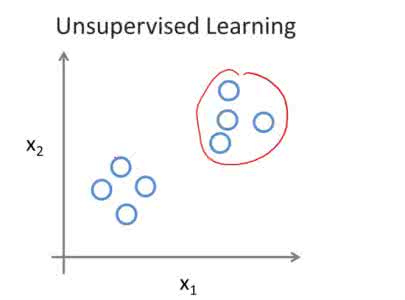There exists many resource allocation problems in the field of wireless communications which can be formulated as the generalized assignment problems (GAP). GAP is a generic form of linear sum assignment problem (LSAP) and is more challenging to solve owing to the presence of both equality and inequality constraints. We propose a novel deep unsupervised learning (DUL) approach to solve GAP in a time-efficient manner. More specifically, we propose a new approach that facilitates to train a deep neural network (DNN) using a customized loss function. This customized loss function constitutes the objective function and penalty terms corresponding to both equality and inequality constraints. Furthermore, we propose to employ a Softmax activation function at the output of DNN along with tensor splitting which simplifies the customized loss function and guarantees to meet the equality constraint. As a case-study, we consider a typical user-association problem in a wireless network, formulate it as GAP, and consequently solve it using our proposed DUL approach. Numerical results demonstrate that the proposed DUL approach provides near-optimal results with significantly lower time-complexity.
翻译:在无线通信领域存在着许多资源分配问题,这些问题可以作为普遍分配问题(GAP)来拟订。GAP是线性总和分配问题的一种通用形式,由于存在不平等和不平等的制约,因此更难以解决。我们建议采用新的深层次、不受监督的学习(DUL)方法,以具有时间效率的方式解决GAP问题。更具体地说,我们建议采用一种新的方法,利用定制的损失功能来培训一个深层神经网络(DNN),这种定制的损失功能构成与平等和不平等限制相对应的客观功能和惩罚条件。此外,我们提议在DNN的产出中采用软性激活功能,同时采用分解的软性分解功能,以简化定制的损失功能和保证满足平等限制。作为案例研究,我们考虑无线网络中典型的用户联系问题,将其描述为GAP,从而使用我们提议的DUL方法加以解决。数字结果显示,拟议的DUL方法提供接近最佳的结果,而时间复杂性则大大降低。


















